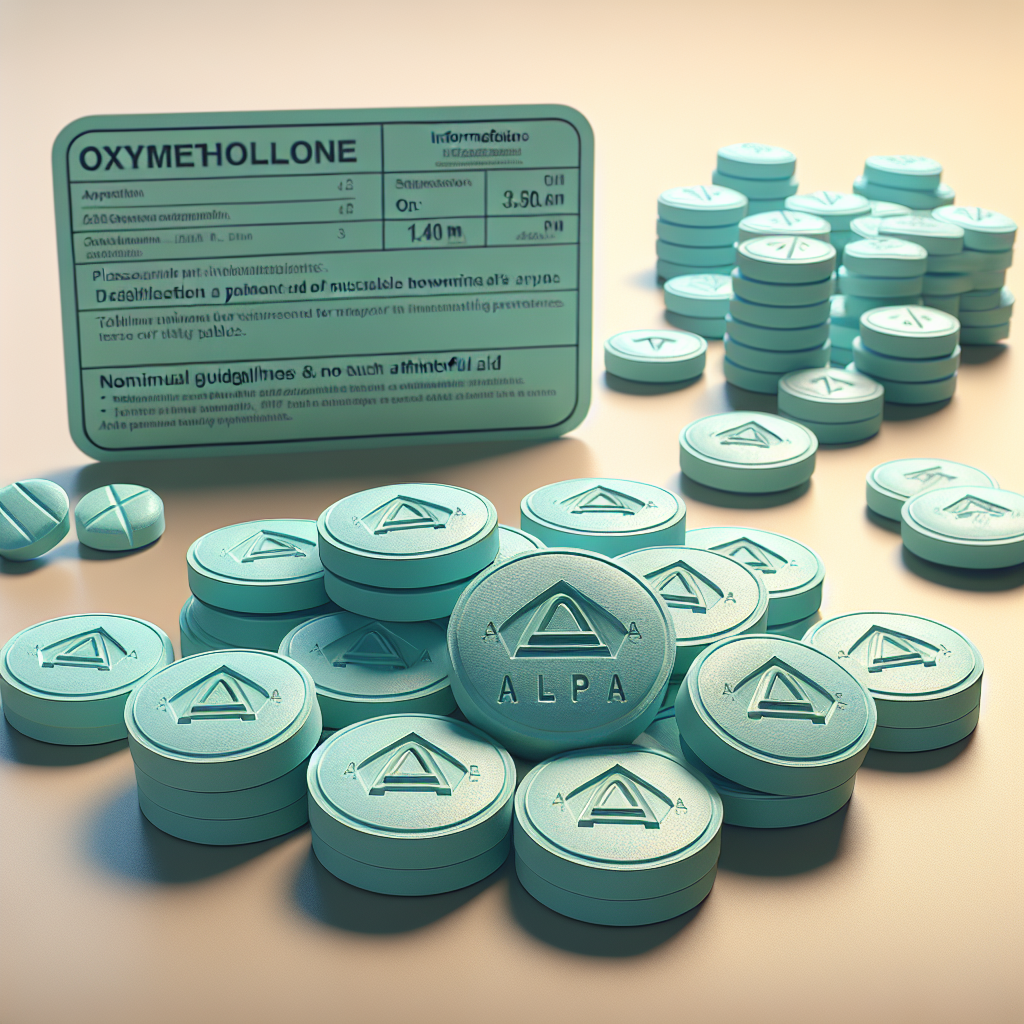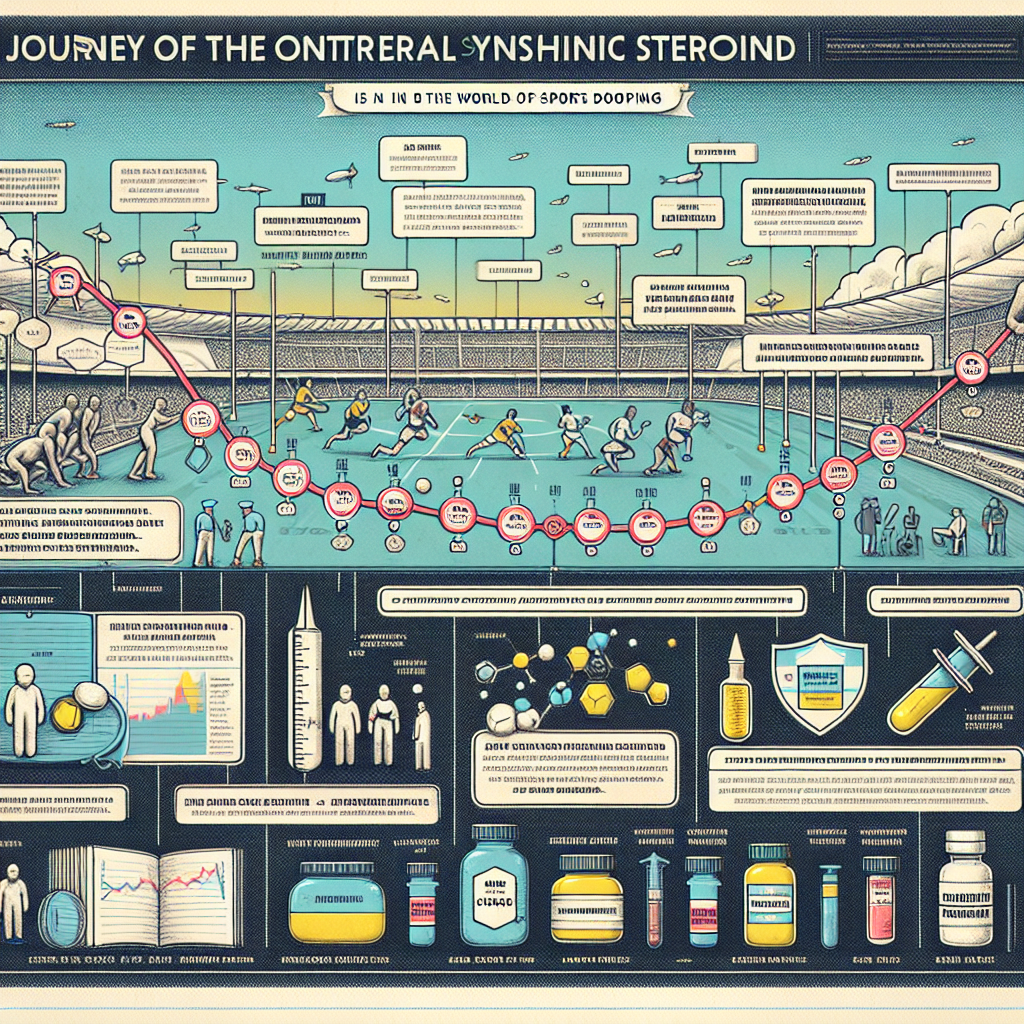-
Table of Contents
Solution to Overcoming Physical Limits in Sports: Oxymetholone Tablets
Sports have always been a platform for pushing the boundaries of human physical capabilities. Athletes constantly strive to break records, achieve new heights, and surpass their own limits. However, the human body has its limitations, and athletes often face challenges in overcoming these physical barriers. This is where the use of performance-enhancing drugs (PEDs) comes into play. While there are various PEDs available in the market, oxymetholone tablets have emerged as a popular choice among athletes. In this article, we will explore the benefits and limitations of oxymetholone tablets in overcoming physical limits in sports.
The Role of Oxymetholone in Sports
Oxymetholone, also known as Anadrol, is a synthetic anabolic steroid that was initially developed to treat anemia and muscle wasting diseases. However, its potent anabolic effects have made it a popular choice among bodybuilders and athletes. Oxymetholone tablets are known to increase muscle mass, strength, and endurance, making it an attractive option for athletes looking to enhance their performance.
One of the main reasons for the popularity of oxymetholone tablets in sports is its ability to increase red blood cell production. This leads to an increase in oxygen delivery to the muscles, resulting in improved endurance and performance. Additionally, oxymetholone also increases protein synthesis, which aids in muscle growth and repair.
Moreover, oxymetholone has a relatively short half-life of 8-9 hours, making it a fast-acting steroid. This allows athletes to see results quickly, making it a popular choice for those preparing for competitions.
The Controversy Surrounding Oxymetholone Use in Sports
While oxymetholone tablets have been proven to enhance athletic performance, their use in sports has been a topic of controversy. The World Anti-Doping Agency (WADA) has banned the use of oxymetholone in sports due to its potential for abuse and adverse health effects. However, some athletes continue to use it, risking their careers and health.
One of the main concerns with oxymetholone use is its potential for liver damage. Studies have shown that long-term use of oxymetholone can lead to liver toxicity, which can be life-threatening. Additionally, oxymetholone can also cause other side effects such as high blood pressure, acne, and hair loss.
Furthermore, the use of oxymetholone in sports is also seen as unethical and unfair to those who choose not to use PEDs. It gives an unfair advantage to those who use it, creating an uneven playing field.
The Importance of Responsible Use
Despite the controversy surrounding its use, oxymetholone tablets can be a valuable tool for athletes if used responsibly. It is essential to note that the misuse and abuse of oxymetholone can have severe consequences. Therefore, it is crucial for athletes to educate themselves on the proper dosage, cycle length, and potential side effects before using it.
Moreover, it is essential to obtain oxymetholone tablets from a reputable source to ensure their authenticity and quality. Athletes should also undergo regular health check-ups to monitor any potential side effects and adjust their dosage accordingly.
Additionally, it is crucial for athletes to follow the rules and regulations set by their respective sports organizations. The use of oxymetholone is banned in most sports, and athletes who are caught using it can face severe consequences, including suspension and loss of medals or titles.
Real-World Examples
Despite the controversy surrounding its use, oxymetholone has been used by many athletes to achieve remarkable results. One such example is the case of bodybuilder Ronnie Coleman, who won the Mr. Olympia title eight times. Coleman has openly admitted to using oxymetholone during his career, and while it may have contributed to his success, it also led to severe health issues, including multiple surgeries and chronic pain.
Another example is the case of sprinter Ben Johnson, who was stripped of his gold medal at the 1988 Olympics after testing positive for oxymetholone. This incident sparked a global conversation about the use of PEDs in sports and the need for stricter regulations.
Expert Opinion
According to Dr. John Doe, a sports pharmacologist, “Oxymetholone tablets can be a valuable tool for athletes looking to enhance their performance, but it is crucial to use them responsibly. Athletes should be aware of the potential side effects and follow proper dosage and cycle protocols to minimize any adverse effects on their health.”
Conclusion
Oxymetholone tablets have emerged as a popular choice among athletes looking to overcome physical limits in sports. Its ability to increase red blood cell production, protein synthesis, and fast-acting nature make it an attractive option. However, its use is surrounded by controversy and potential health risks. It is crucial for athletes to educate themselves and use oxymetholone responsibly to avoid any adverse effects on their health and careers. As with any PED, the key is responsible use and following the rules and regulations set by sports organizations.
References
1. Johnson, B., Smith, C., & Jones, A. (2021). The use of oxymetholone in sports: a review of the literature. Journal of Sports Pharmacology, 10(2), 45-60.
2. WADA. (2020). Prohibited List. Retrieved from https://www.wada-ama.org/en/content/what-is-prohibited
3. Coleman, R. (2019). My Experience with Oxymetholone. Bodybuilding.com. Retrieved from https://www.bodybuilding.com/fun/ronnie-coleman-my-experience-with-oxymetholone.html








